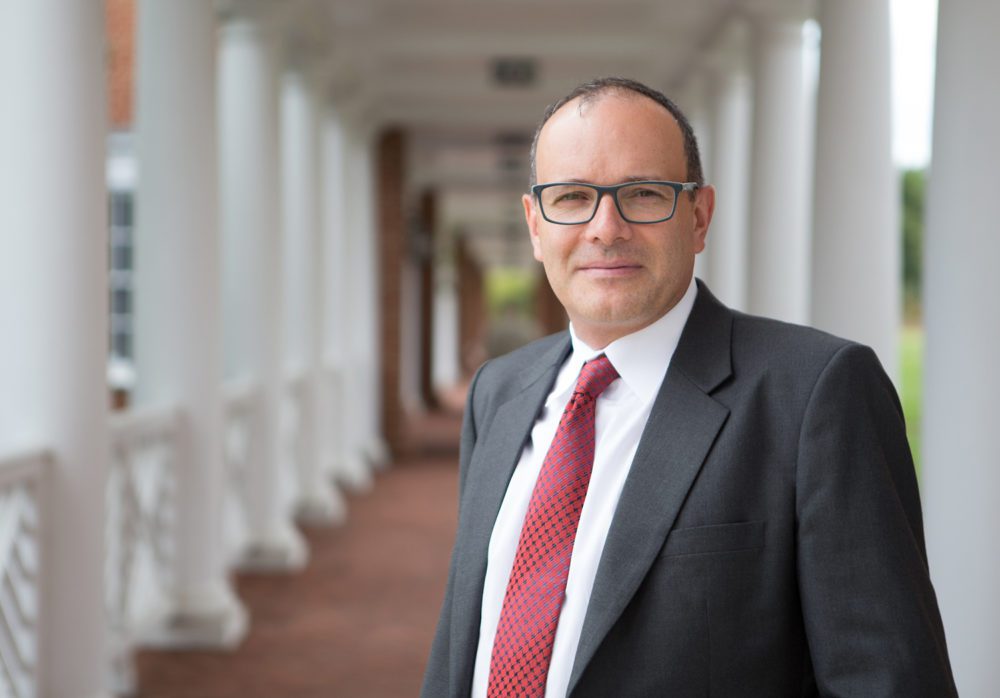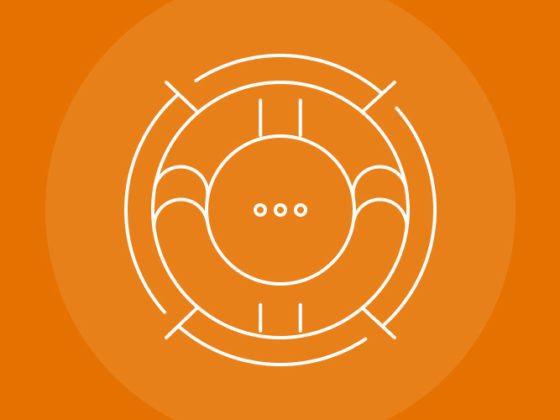According to a McKinsey Global Survey, leaders reported spending 37% of their time making decisions, and more than half of this time was thought to be spent ineffectively. Darden Executive Education & Lifelong Learning’s newest program, Effective Decision Making, is designed to help leaders make better decisions using the fundamentals of behavioral decision making and game theory in an interactive learning experience. Program faculty lead Professor Manel Baucells, an expert in consumer behavior, decision analysis and game theory, shares more about the purpose of the new program and why it’s important for today’s leaders.
Describe the approach to your new Effective Decision Making program.
Both business managers and consumers use intuition most of the time. This program explores the gap between the intuitive and the logical way of interpreting information and making decisions. Learning how intuition works is the stepping stone to improve one’s decisions, as well as to understand how our colleagues, clients and customers behave, and anticipate the reaction of the organization to corporate policies.
How does Effective Decision Making impact leaders and their organizations?
The primary goal of the program is to improve the quality of one’s decisions by gaining more self-awareness of how intuition works, and the mistakes it can produce. It covers high-level concepts about how managers, employees and customers make decisions. Thus, it applies to all industries, career levels and job roles.
The secondary goal of the program is to know how our colleagues and customers reason at an intuitive level and use this knowledge to improve one’s negotiation and marketing skills. To achieve these goals, we will distinguish between the rational value of a course of action, and its intuitive perceived value. The two can be quite different, and intuition will favor courses of action with high perceived value, even if its rational value is inferior. The tension between these two viewpoints is the essence of the program, and the starting point of a reflection on one’s quality of decisions.
A recent Gartner study found that 65% of decisions made today are more complex than they were just two years ago. At the end of the program, participants will walk away with the ability to better navigate the complex decisions that they’re faced with every day.
The primary goal of the program is to improve the quality of one’s decisions by gaining more self-awareness of how intuition works, and the mistakes it can produce.
What do you believe to be the most important takeaways of this program?
There are several ways this program will positively impact learners and their organizations. The first that comes to mind is that they will learn and begin to correct important biases such as base rate neglect, the long-shot bias, presentism, and many others that stand in the way when making decisions as a leader. They’ll be able to better anticipate the reference points of the other side when it comes to negotiations. We also talk about improper discounting of future consequences, and its effect on self-control and procrastination.
The program also empowers leaders to make better and smarter decisions that have an impact on their organization’s bottom line. The principles taught in the program help us understand how consumer’s use a faulty mental accounting logic, and its implications for the sunk-cost fallacy, the flat-rate bias, and attitudes towards subscriptions. We will also learn to avoid some pitfalls when it comes to financial investment.
A couple of additional takeaways include learning how to design a retention bonus program using behavioral principles and learning design principles for experiential goods, such as music concerts.
There are unique activities and learning methods in this program. How do they illustrate and enhance the key learning objectives?
Methods of instruction include business cases, simulations, active game play and class surveys. The discussions around class surveys are particularly fun and the starting process for a self-reflection on one’s decision process. The games and simulations allow participants to test out their decisions with “real” consequences.
What do you enjoy about researching & teaching in this particular field?
The concepts we deliver are distilled from four decades of research on intuitive decision making, a program pioneered by Kahneman, Thaler, and Tversky; and applied to business and consumer decisions. They are based on testing individuals on problems from which we know the right answer, so that we can learn the directionality of the mistakes and offer prescription in situations when the right answer is not known. The fact that all the prescriptions can be justified by logic and evidence convinces me that these concepts do create more thoughtful leaders, and this is what I find most enjoyable.




